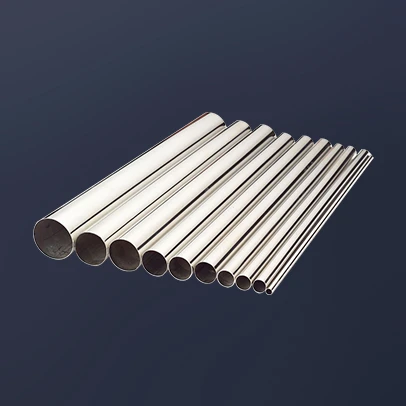Feb . 16, 2025 15:35
A PVC flanged ball valve is an engineering marvel, amalgamating efficiency with cost-effectiveness. These valves play a crucial role in controlling fluid flow in various industries, including chemical processing, water treatment, and food and beverage production. Their durability, resistance to corrosion, and ease of installation make them a preferred choice. Understanding the profound significance of PVC flanged ball valves and mastering their applications can profoundly impact operational efficiencies and maintenance costs.

At the heart of any fluid management system lies the valve. PVC flanged ball valves are particularly noteworthy due to their design and material. Polyvinyl chloride (PVC), a synthetic plastic polymer, offers immense advantages. Its inherent resistance to chemical degradation makes it ideal for handling various fluids that might be corrosive or reactive. When integrated into a flanged design, these valves offer secure, leak-proof connections that are essential for maintaining system integrity.
Installation of PVC flanged ball valves can significantly reduce system downtimes. The flanged structure allows for swift assembly and disassembly, an asset during maintenance or system reconfiguration. Typically, where systems need frequent inspections or cleaning, easily accessible valves like flanged ball valves ensure that operational pauses are minimized. Moreover, their lightweight construction compared to metal alternatives simplifies handling during installation.

From a mechanical perspective, the ball valve design inherently promotes efficiency. The spherical disc allows for precise control—switching effortlessly between open and closed states. This design reduces the friction between the valve seat and the ball, minimizing wear and tear and extending the valve's operational life. The result is a component that promises reliability, even under continuous operation.
One might wonder about the implications for quality assurance and safety. In industries such as food and beverage, or pharmaceuticals, maintaining cleanliness standards is paramount. PVC flanged ball valves help meet these stringent requirements, given their smooth surface and ease of cleaning. Featuring an antimicrobial design, these valves inhibit the growth of bacteria or mold, therefore maintaining the purity of the media flowing through them.
pvc flanged ball valve
Energy efficiency is another critical aspect of these valves. Closing or opening requires minimal force, thereby reducing the energy expended by automated systems. Over time, this energy conservation translates into significant cost savings, making it an economically sound choice for facility managers aiming to lower overall operational expenses.
However, the benefits of PVC flanged ball valves are best realized through informed selection and installation. It's imperative to consider factors like pressure ratings and temperature ranges. While PVC valves are versatile, their performance can be compromised if they're used beyond their specified operational conditions. Engineers and technical teams should collaborate with suppliers to ensure that the chosen valves meet the necessary specifications for the intended application.
Emphasizing sustainability, the modern iteration of PVC flanged ball valves supports environmental initiatives. Their long life cycle and the recyclability of PVC materials align well with green goals. By reducing the frequency of replacements and utilizing recyclable materials, industries can lower their carbon footprint, making PVC flanged ball valves not only a smart financial choice but also an environmentally responsible one.
Manufacturers of PVC flanged ball valves continually strive to innovate, producing valves with enhanced capabilities such as automation readiness and integration with smart systems. Internet of Things (IoT)-enabled valves provide real-time monitoring, allowing for predictive maintenance and contributing to proactive management of fluid systems. This capability ensures that potential issues are addressed before they escalate, further enhancing operational reliability.
In conclusion, PVC flanged ball valves exemplify the intersection of engineering excellence and pragmatic design. With their myriad advantages—durability, ease of use, and environmental benefits—they are positioned as the valve of choice across various sectors. An understanding of their application and maintenance not only extends the life of the system but also optimizes performance, underscoring the importance of these valves in modern industrial operations. For businesses seeking efficiency, cost savings, and sustainability, integrating PVC flanged ball valves could be transformative, offering both operational resilience and peace of mind.


 Call us on:
+86-311-86935302
+86-311-86935302
Call us on:
+86-311-86935302
+86-311-86935302
 Email Us:
info@thriveonvalve.com
Email Us:
info@thriveonvalve.com South of Huanmadian Village Town, Ningjin County, Xingtai, Hebei Province, China
South of Huanmadian Village Town, Ningjin County, Xingtai, Hebei Province, China